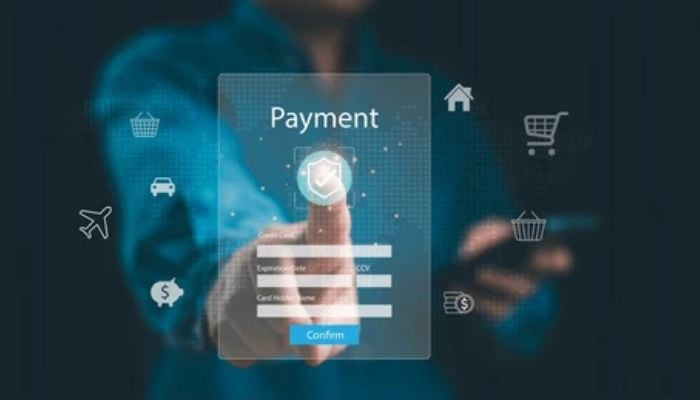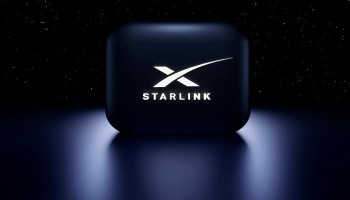
In a major step towards a cashless economy, the State Bank of Pakistan has declared plans to convert all federal and provincial payments to digital by June 2026.
In his briefing to the Standing Committee on Finance of the National Assembly, Deputy Governor Saleem Ullah outlined the nation's current digital infrastructure, which includes 20,000 automated teller machines, 19,000 bank branches, and 226 million bank accounts.
What to expect from Buna payment system?
State Bank governor Jameel Ahmad announced that the Buna payment system will be connected to the "RAAST" accounts of Pakistanis living abroad in the Gulf, allowing for direct money transfers to any bank account in Pakistan.
Additionally, five licences for digital payments have been granted by the central bank to businesses like JazzCash and Easypaisa.
The State Bank wants to see 75% of youth using digital financial services by 2028. The government will pay the 0.5% merchant fee on digital transactions in order to support this objective, guaranteeing users won't incur any additional costs.
According to State's Finance Minister Bilal Kayani, 50% of Pakistan's economy is still undocumented, but payments for salaries, pensions, taxes, and utility bills will eventually move to digital platforms.
The transition to a cashless economy will be supported by the introduction of pertinent legislation. The Standing Committee suggested creating special funds to protect the interests of customers in the ecosystem of digital payments.
In addition to stressing the value of continuous internet and mobile services, committee chairman Naveed Qamar cautioned that outages could cause disruptions to people's livelihoods.
Pakistan is positioned to be among the first nations to embrace a full digital payments ecosystem thanks to these initiatives.
















